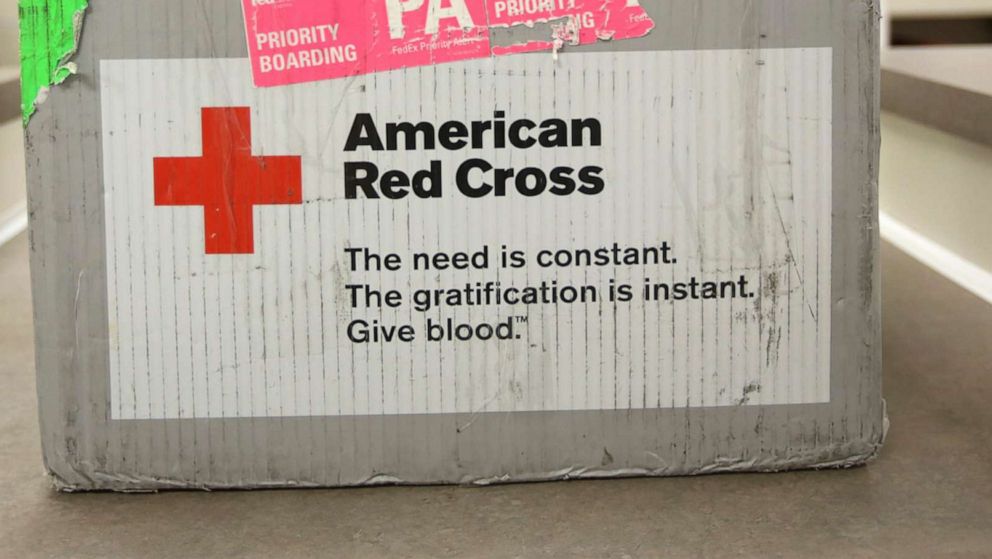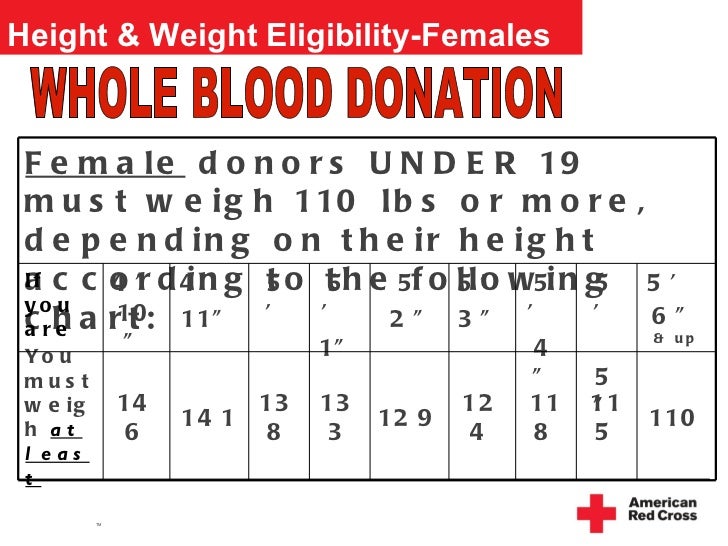
In fact, on certain days, some hospitals may not receive as much as one-quarter of the blood products requested. Supplying 40% of the nation’s blood, the Red Cross has had to limit blood distributions to hospitals in recent weeks. If there is not an immediate opportunity available to donate, donors are asked to make an appointment in the days and weeks ahead to ensure the Red Cross can replenish and maintain a sufficient blood supply. The Red Cross has experienced low donor turnout ever since the delta variant began spreading in August, and that trend continues as the Omicron variant takes over.Īll types are needed now, especially types O positive and O negative, as well as platelet donations, to help reverse this national blood crisis. Adding to the concern is the surge of COVID-19 cases.

The Red Cross has experienced a 10% decline in the number of people donating blood since the beginning of the pandemic and continues to confront relentless issues due to the pandemic, including ongoing blood drive cancellations and staffing limitations. Make an appointment to give blood or platelets as soon as possible by using the Red Cross Blood Donor App, visiting or calling 1-800-RED CROSS (1-80) The Red Cross asks the country to roll up a sleeve to help ensure people receive the care they need. We need the help of the American people.” We’re doing everything we can to increase blood donations to ensure every patient can receive medical treatments without delay, but we cannot do it without more donors. “Hospitals are still seeing accident victims, cancer patients, those with blood disorders like sickle cell disease, and individuals who are seriously ill who all need blood transfusions to live even as Omicron cases surge across the country. Pampee Young, chief medical officer of the Red Cross.

“While some types of medical care can wait, others can’t,” said Dr.

Blood and platelet donations are critically needed to help prevent further delays in vital medical treatments. Amid this crisis, doctors have been forced to make difficult decisions about who receives blood transfusions and who will need to wait until more products become available. The American Red Cross is facing a national blood crisis – its worst blood shortage in over a decade, posing a concerning risk to patient care.


 0 kommentar(er)
0 kommentar(er)
